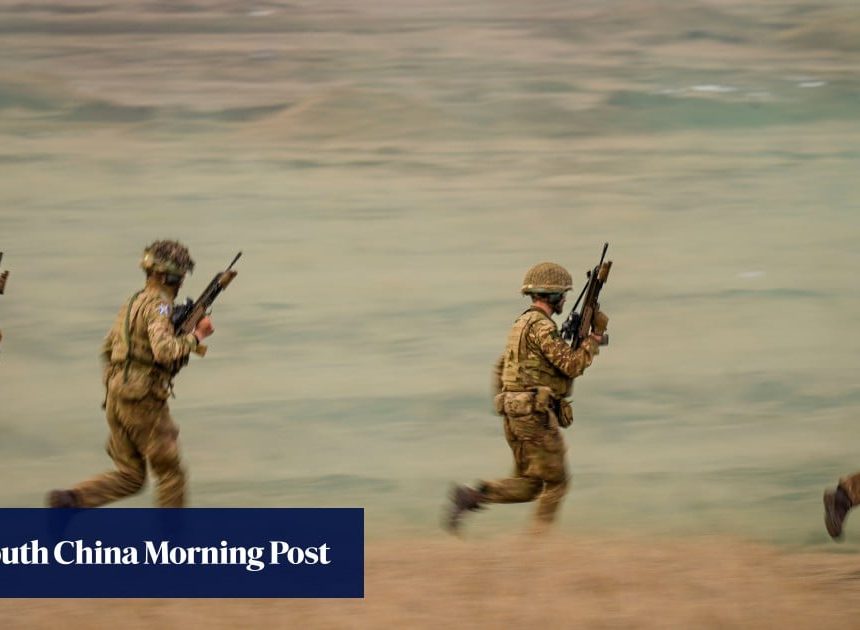Argentina’s rightwing president, Javier Milei, his party and its allies claimed victory this week in key congressional elections. But it was Donald Trump who emerged the biggest winner. A $40bn lifeline from the US president gave Mr Milei’s beleaguered government just enough credibility – and apparent firepower – to halt the Argentinian peso’s slide. Crucially, this helped to stabilise consumer prices in the final weeks of the campaign. The US rescue engendered a short-lived aura of competence that allowed Mr Milei to shift the blame for rising prices back to the opposition, despite his own role in accelerating inflation by devaluing the currency when he took office.
Mr Milei’s wasn’t a decisive triumph. His rightwing coalition got 40% of the midterms vote thanks largely to a low turnout and a fragmented opposition. His “chainsaw” programme of privatisation and public spending cuts has not been popular. Polls suggest that six in 10 voters disapprove. Unsurprising, perhaps: since Mr Milei took office in December 2023, Argentinians’ purchasing power has fallen sharply, real wages have declined and more than 200,000 jobs have been lost.
Matías Vernengo of Bucknell University argues that without capital controls and new policies, Mr Milei’s so-called stability will end as previous neoliberal efforts did: in devaluation and crisis. Prof Vernengo, who worked at Argentina’s central bank, blames the International Monetary Fund. It agreed a $20bn bailout to Argentina in April, under White House pressure, on the condition that Mr Milei removed foreign exchange controls. The following months proved why this was a bad idea. Argentina cannot use interest rates to stabilise its currency. Set too high, they invite speculative inflows. Too low and they encourage capital flight. Interestingly, Prof Vernengo favours temporary high interest rates to prevent the peso sliding uncontrollably.
As long as the country can’t build dollar reserves through exports, any “strong” peso is illusory. Using recession and wage suppression to make a misaligned exchange rate “stick” is no panacea. That’s why Latin America’s third-largest economy requires foreign exchange controls and fiscal coordination for stable, equitable development. It’s either that or a forced devaluation for a more chaotic ride. Daniela Gabor, of Soas University of London, correctly says that Argentina is financially subordinated to a Trumpian agenda. In effect, Mr Milei’s Argentina, which has borrowed heavily in a currency – dollars – it lacks, is continuing with self-defeating austerity to maintain access to $40bn in American credit. This is a Potemkin stability. Argentina risks becoming a Trumpian client state as Washington is directly intervening to prop up the peso.
A developing nation should treat its current account not as a constraint to be financed, but as a strategic policy tool managed through accumulating dollars and an industrial policy. Argentina’s history did not begin with Mr Milei. Its first democratically elected president after the junta years, Raúl Alfonsín, attempted to protect living standards but was forced into submission by Washington’s threats, reportedly including one to block essential medicines. He was punished by isolation and forced into IMF orthodoxy. Mr Milei’s position is the mirror image of Alfonsín’s: instead of defying creditors and being penalised, he is submitting to them pre-emptively and being rewarded. But the mechanism of control is the same. History suggests it is a trap that Argentina will have to escape if it is to prosper on its own terms.
-
Do you have an opinion on the issues raised in this article? If you would like to submit a response of up to 300 words by email to be considered for publication in our letters section, please click here.


